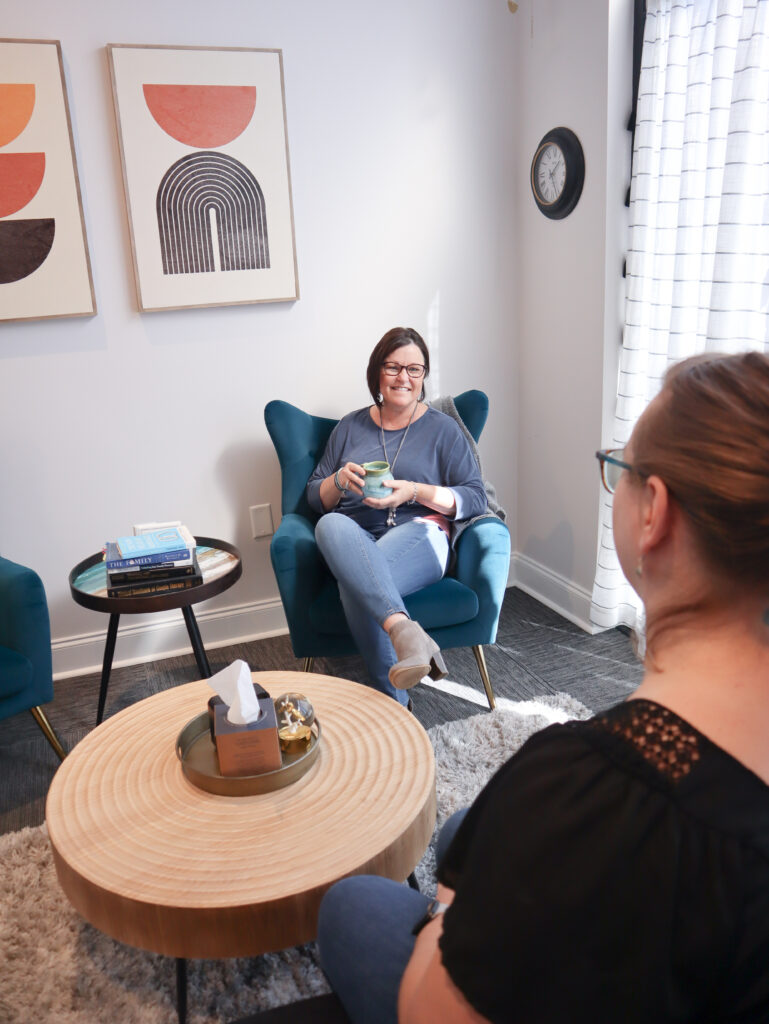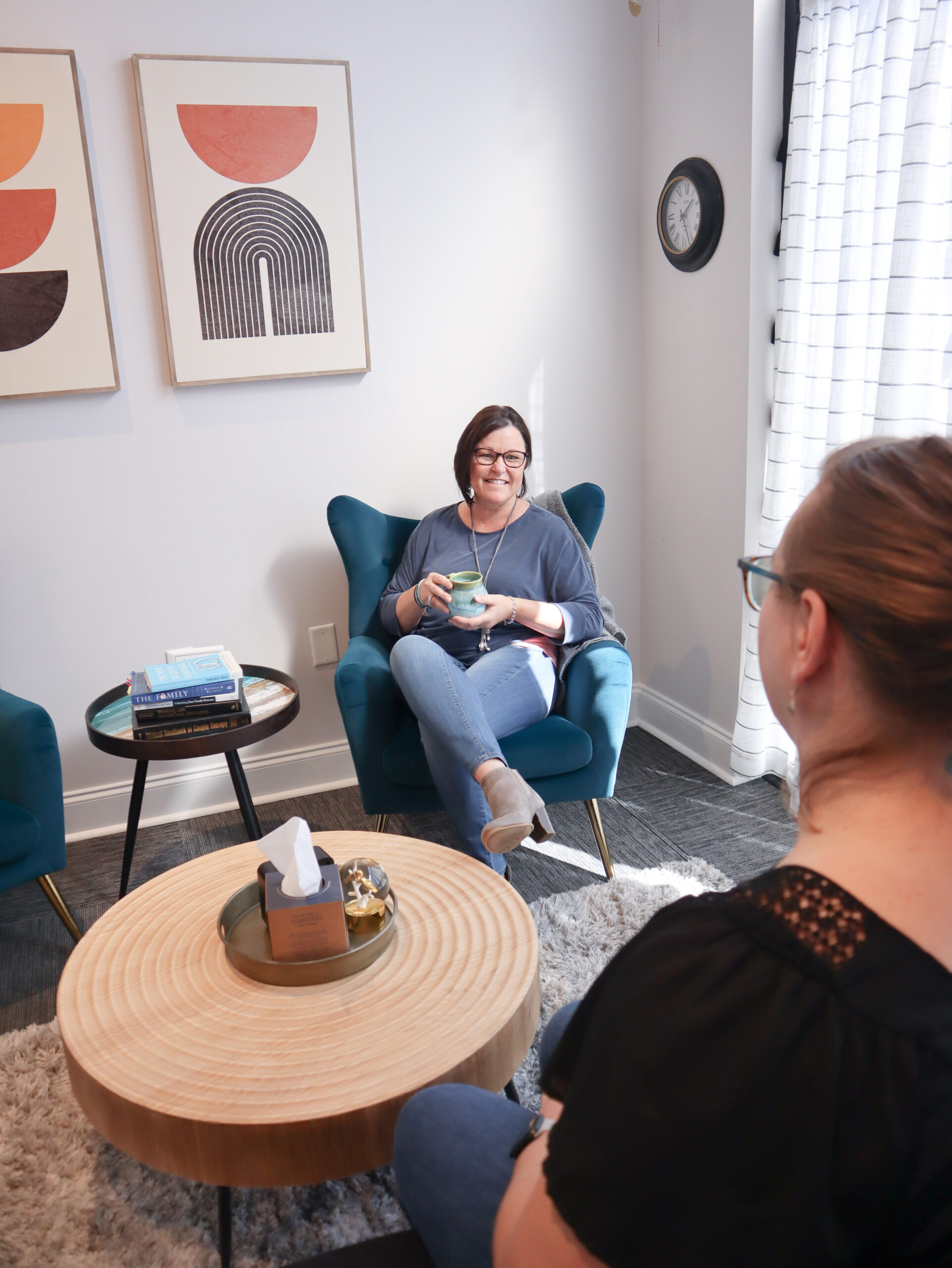By Hope Collins
“We are not thinking machines. We are feeling machines that think.” – Antonio Damasio
Institute for Public Relations
I used to have a boss that would do an exercise called “push-downs.” I could see them happening in real-time: we would be talking about something light-hearted, and then he would tell a story about his somewhat recently deceased best friend. He’d pause for a moment while staring into space, take a deep breath, and say as if he was exerting a large effort, “Yep, just gotta push those feelings right back down again.”
In the West, we’re often taught that feelings are inconvenient and get in the way of work, school, productivity, and all the regular capitalist hellscape stuff. But what’s the point of working and school without fostering healthy relationships? How can we be productive if we can’t communicate what’s happening to us? When we lack the language to talk about emotions, big or small, we lose connection and community. And the first person we must learn to communicate with is our emotional selves.
That’s easier said than done. How many of us have heard statements that sound like:
- “We can talk when you’re done crying.”
- “I think you’re too emotional right now.”
- “Can you calm down? It’s not that exciting.”
Others will disregard our feelings, say that it makes them uncomfortable, and ask that we don’t have them around people. When we receive that message throughout our lives, it becomes normal to disregard our own feelings in the same way to ourselves. And then later, when your therapist is telling you to just feel your feelings, you’re sitting there asking yourself, “Well, how do I do that?”
Sticks and Stones
This notion of “feeling your feelings” comes up a lot in therapy sessions. That’s the whole crux of therapy: talking about your feelings in order to understand them better. While therapists may be in the business of emotions, not everyone is taught how to address them in a way that makes sense. In her HBO special, Brené Brown discusses how neurologists have found that emotional pain registers in the brain the same way it registers physical pain. The old adage, “sticks and stones may break my bones but words will never hurt me” is clearly outdated – according to the body, words can hurt just as much as a broken bone.
Thinking vs. Feeling
There’s a difference between feeling your emotions and intellectualizing them. When you intellectualize your feelings, you can look at a situation and assess the kind of emotions that you were most likely experiencing. The concept of feeling your feelings examines what was happening in your body while you were having said emotion. So, to feel your feelings, you have to find where they are in your body, as well as how you’re thinking about them.

Here’s an example of a thought: “Oh, my partner didn’t make dinner tonight. I guess I’ll have to do it, even though I worked longer hours today. That’s kind of upsetting.” Intellectualizing labels whatever emotion you’re experiencing, in this case, upset. But how are those emotions showing up in your body? What kind of upset are you experiencing? It can manifest as anger in your breathing, you might start to sweat, or you might feel the urge to throw things around and make a lot of noise. It could also feel like hurt, where you feel it more in your chest or stomach. It might be anxiety, where you suddenly feel an uncomfortable energy in your person because now you have to make dinner and have less time than you anticipated. In some cases, it can be a combination of some of these: “I feel sad and hurt that you didn’t think to make dinner on my busy day, and it’s also making me angry while I’m in the act of actually making it.”
Intellectualizing emotions lets us look at them on a surface level while feeling your feelings lets us experience them as a body-mind connection that we can then translate into language. Both are powerful skills to have in your well-being toolbox.
Getting to Know Our Feelings
Once we understand the origin of our feelings and what they mean, before we communicate them with others, we have to actually just sit and be with the feelings, even if it’s uncomfortable. Everything around us is geared towards making our lives comfier, easier, and with the least amount of work involved. Unfortunately, there are no shortcuts through emotions: you just have to sit with them in your body in order for them to pass through your body. Kind of like doing a few chores a day throughout the week so your whole weekend isn’t spent cleaning.
If you feel your feelings in the moment, you can process them easier since they’re in smaller waves, instead of building up to a breakdown. Most of the time, smaller feelings are easier to address with others, too. It doesn’t have to be a fight, it can be as simple as: “I’m hurt you didn’t make dinner when you know what my schedule looks like. I’m going to be mad about it for a little while, so I need a little space to work through this feeling, and I’ll let you know when I’m ready to talk about it.”

I understand it’s easier to do emotional push-downs, like my old boss. But your emotions, even if they feel like foreign territory, are always going to be with you, and they’re always going to belong to you. You get to decide how and when you want to process them, but if you need a starting point, you can always come back to your body.
For more information on naming emotions, we recommend Brené Brown’s book Atlas of the Heart, or her HBO Max series, also titled Atlas of the Heart.
There’s no shame if you’re unsure how to start feeling your own feelings. If you need more help with this, you can always give our office a call or an email to schedule an appointment with a therapist.
CONTACT US
910-833-7122
info@evokemindandbody.com




